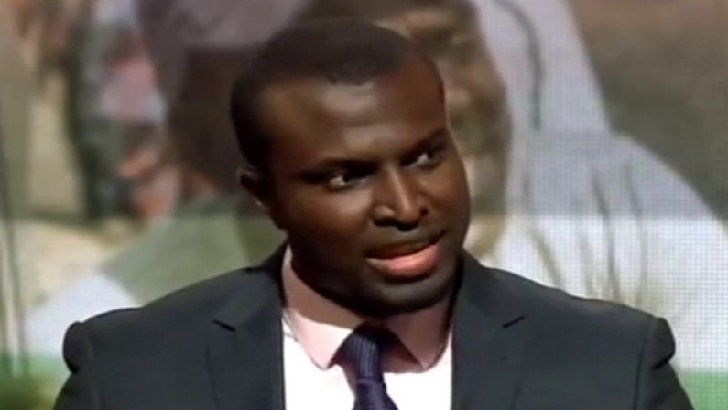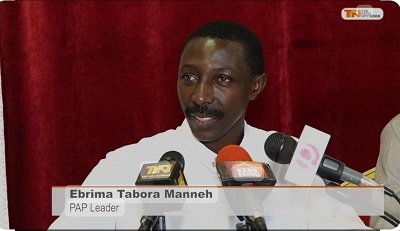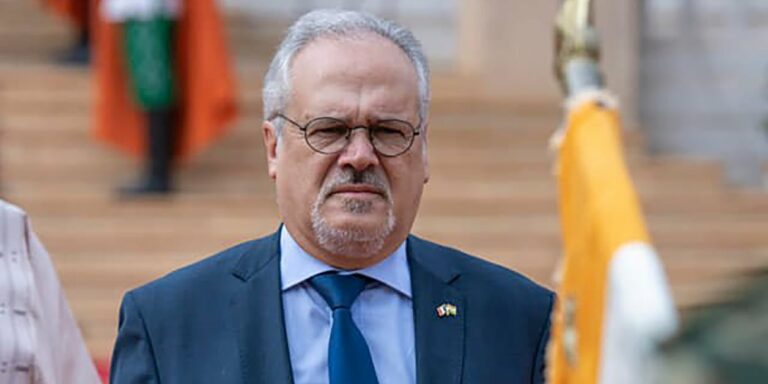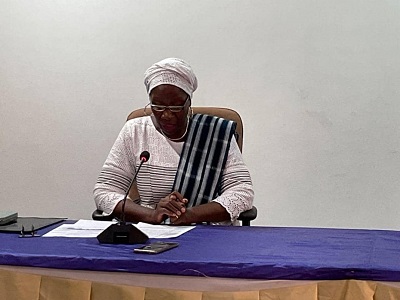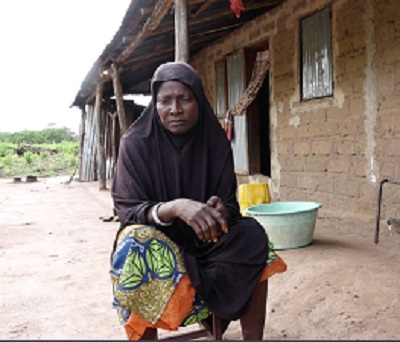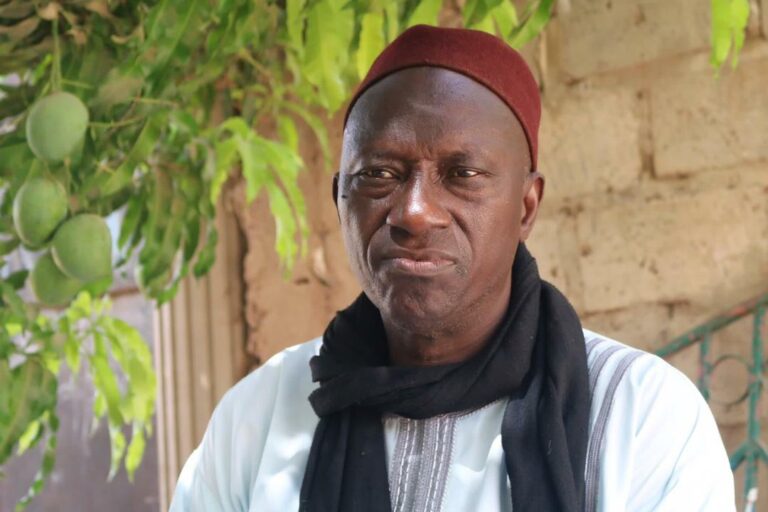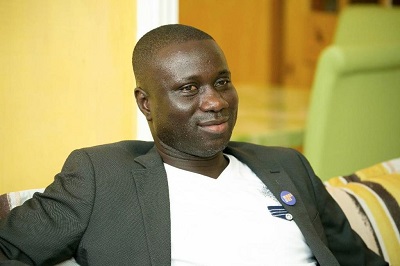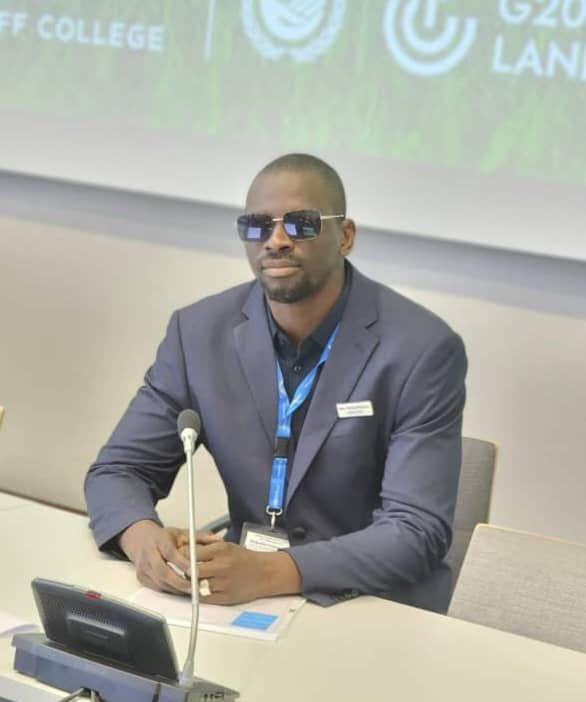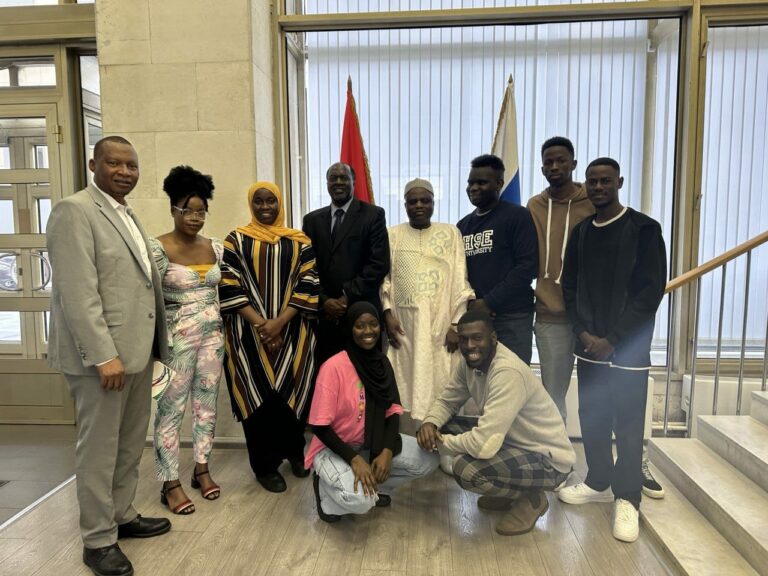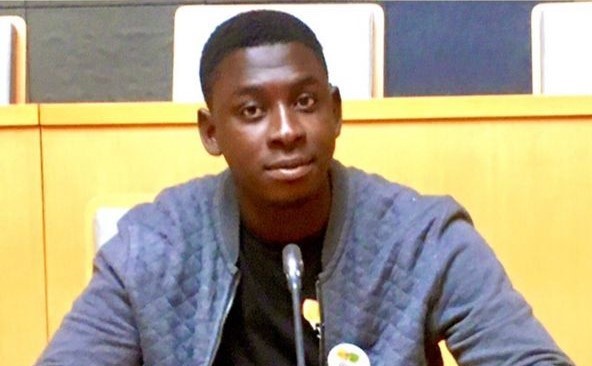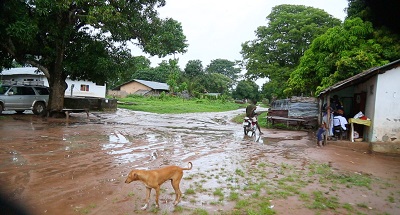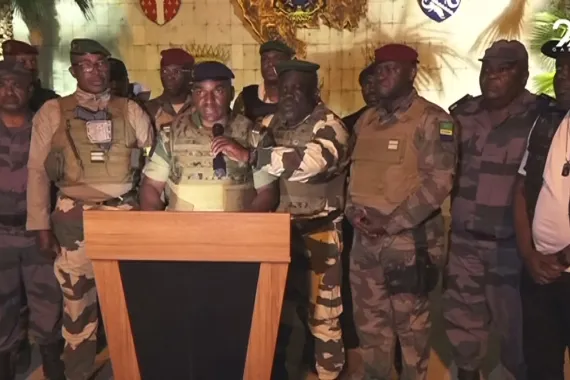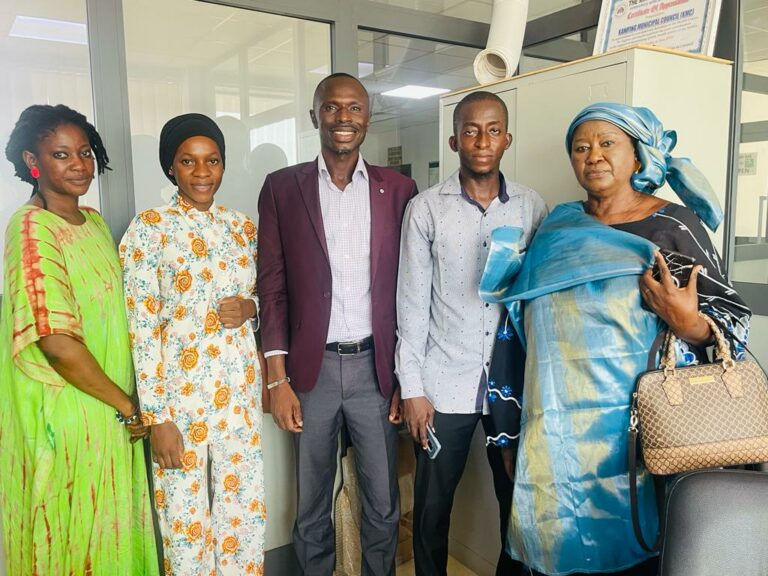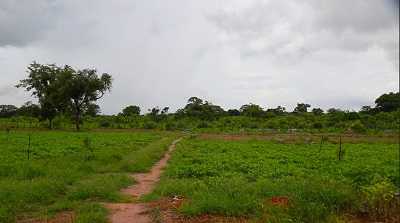By: Muhammed Lamin Drammeh
The councillors, both elected and nominated, of the Brikama Area Council (BAC) have condemned the charges of sedition and contempt of court brought against Yankuba Darboe, the Chairman of BAC, by the Inspector General of Police in March 2021.
On September 1st, the council members unanimously expressed their condemnation of the court case against their chairman, Yankuba Darboe. They conveyed their message of solidarity to him and called on organizations and international institutions to support their cause. The council members stated that they stand against all forms of injustice and are steadfast in their support for Yankuba Darboe.
“… Calling on individuals, GALGA, organizations, political parties, decision-makers, influencers and the global community such as ECOWAS, AU, EU, UN, DIPLOMATS and all our partners to join us to act swiftly and decisively to send their message of condemnation, show solidarity and avert all form of injustice against chairman Darboe.”
“We are against all forms of injustice, especially on the arbitrary court case instituted under magistrate ML Thomas by the IGP and the Ministry of Justice, Minister Dawda Jallow, and Chief Justice Hassan Jallow at the Banjul Magistrate Court.”
“Hon. Chairman, you have compatriots from the twenty-eight wards of WCR [West Coast Region] and the entire country at large. We are with you as council members in these extremely difficult moments,” the council said.
The charges brought against Darboe include sedition and contempt of court. The prosecution claims that on 10 February 2021, Mr. Darboe made a derogatory statement against the president of the Gambia, Adama Barrow and the judiciary.
On the 31st of August, Yankuba Darboe was set to begin his defence before magistrate M L Thomas, but his defence lawyer, Lamin S. Camara, requested the adjournment of the case.
The court then granted his request. The case returns to the Banjul magistrate court on the 7th of September 2023.

